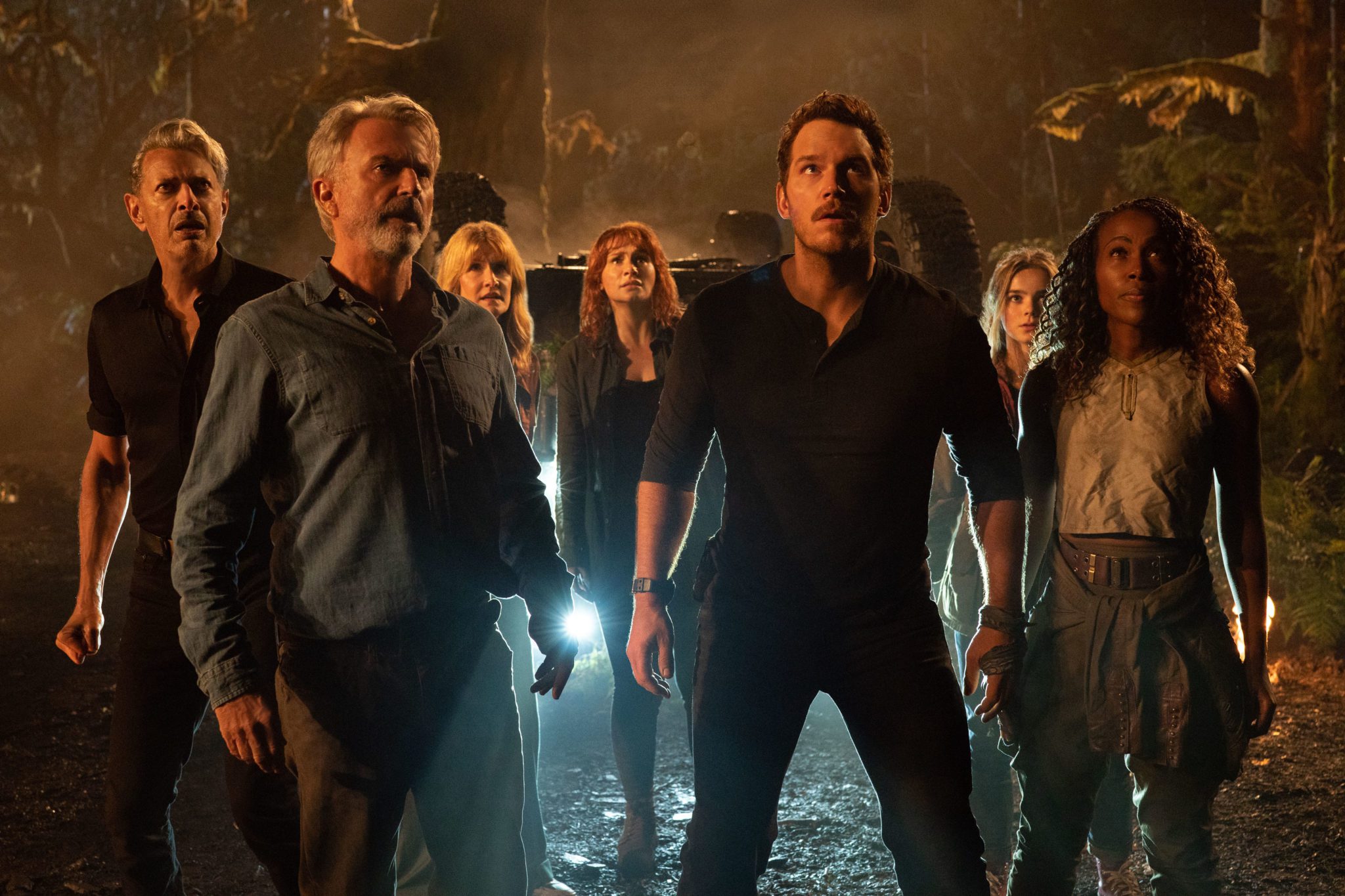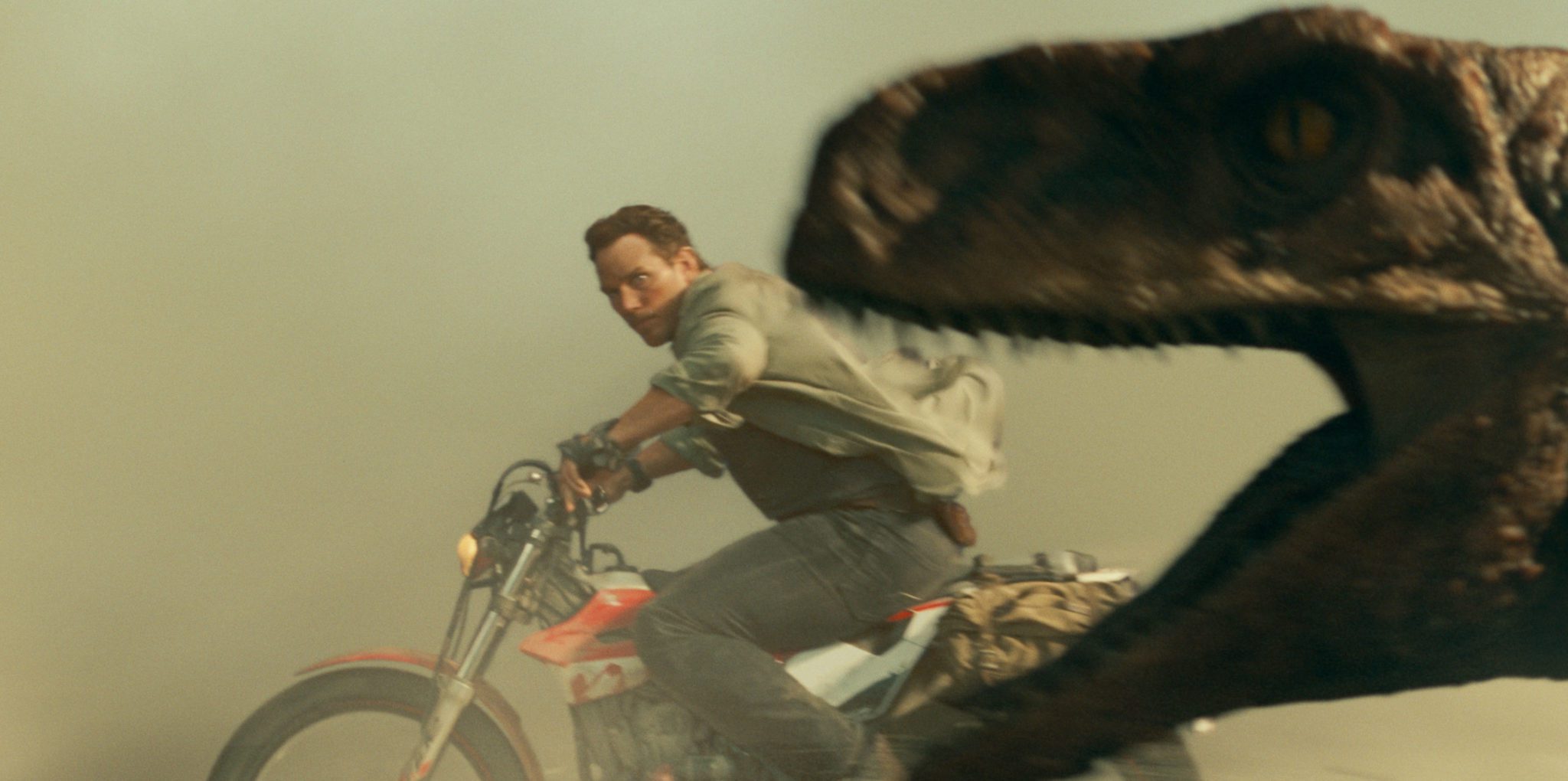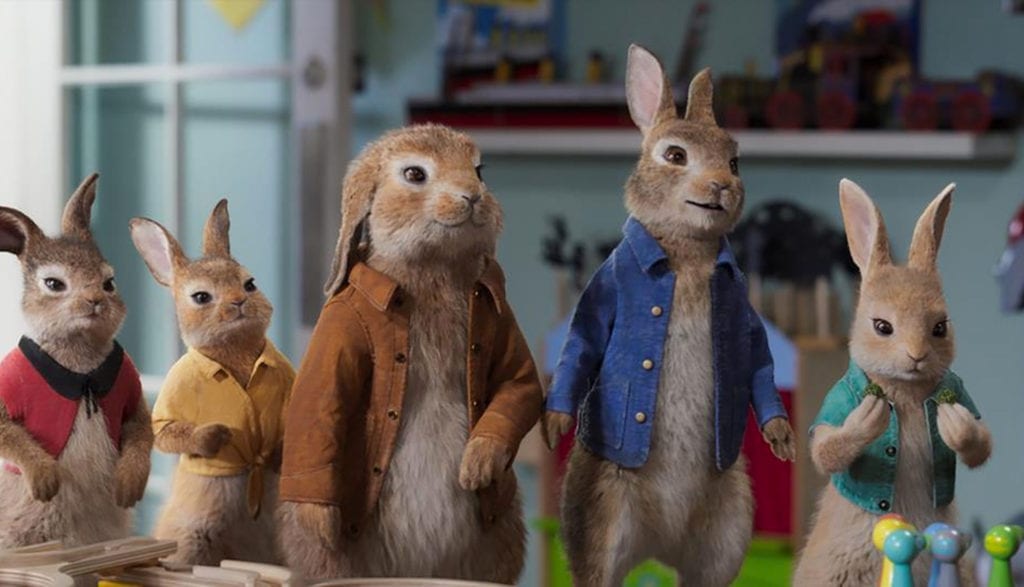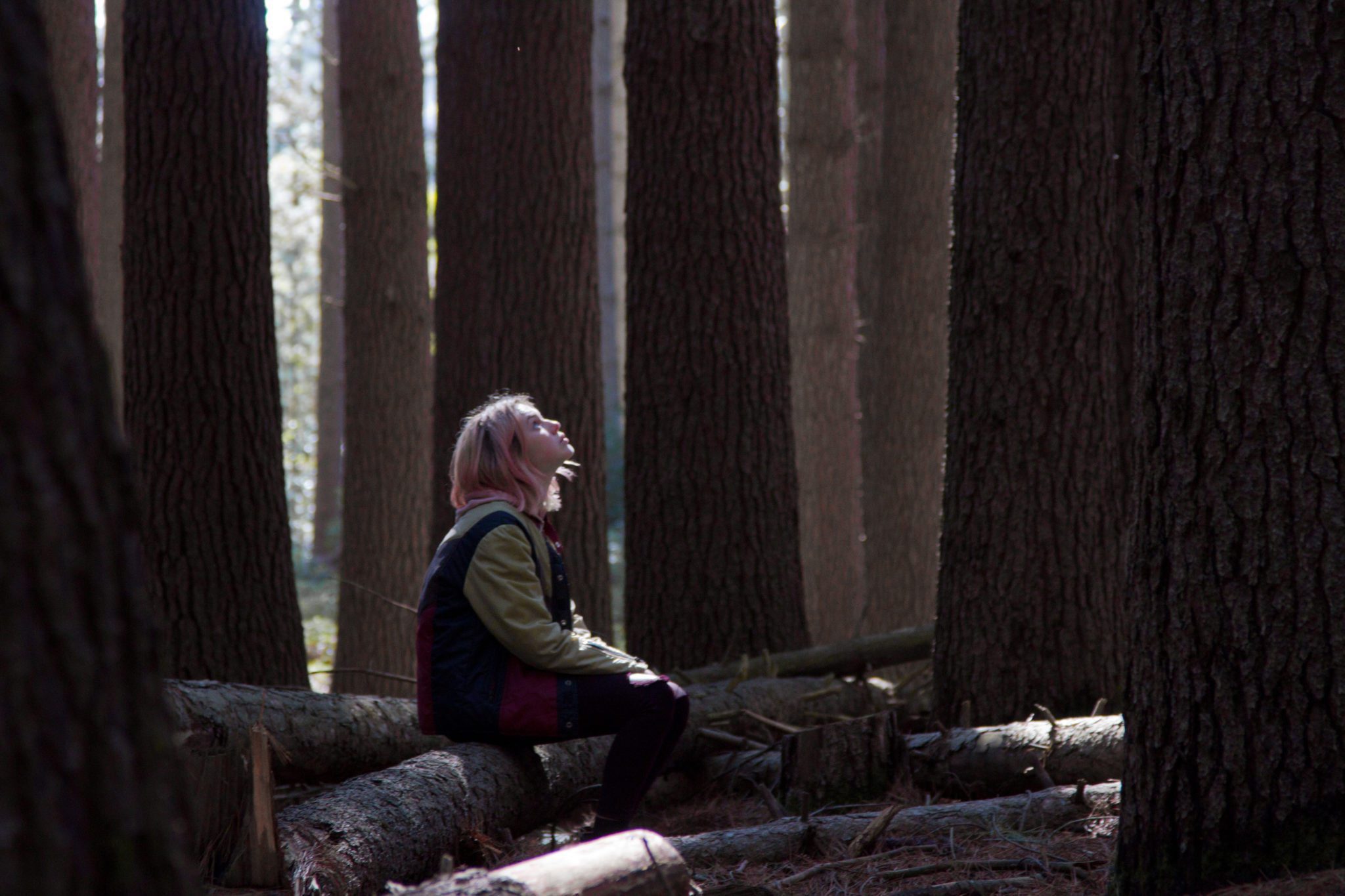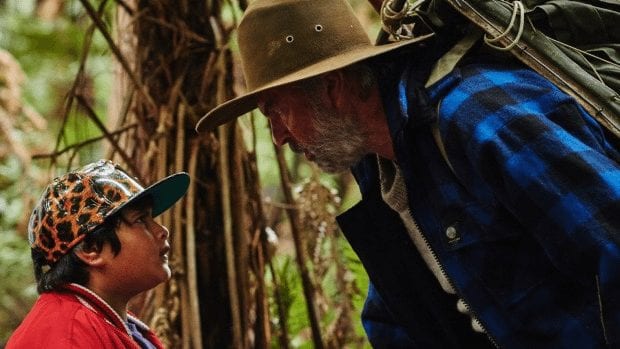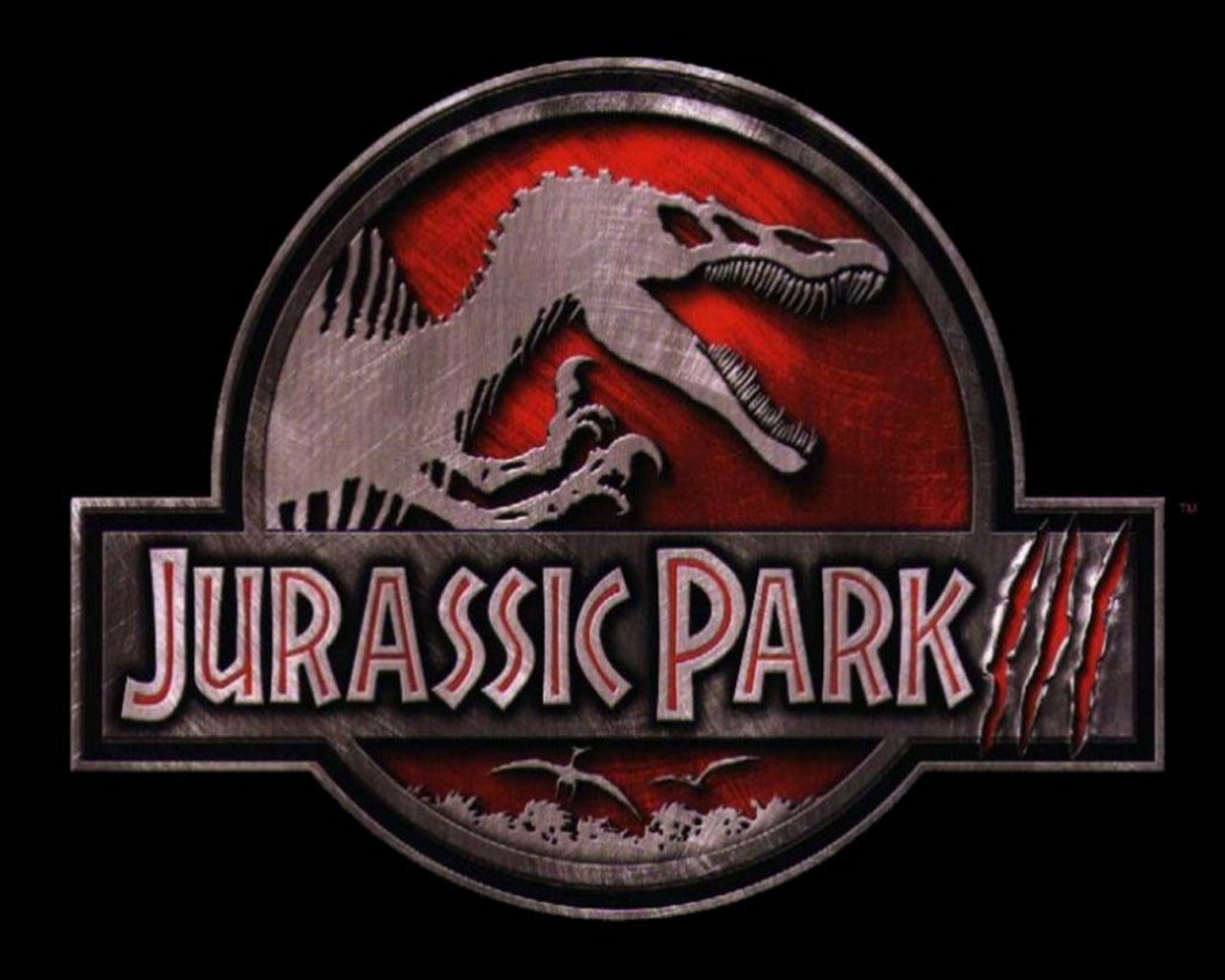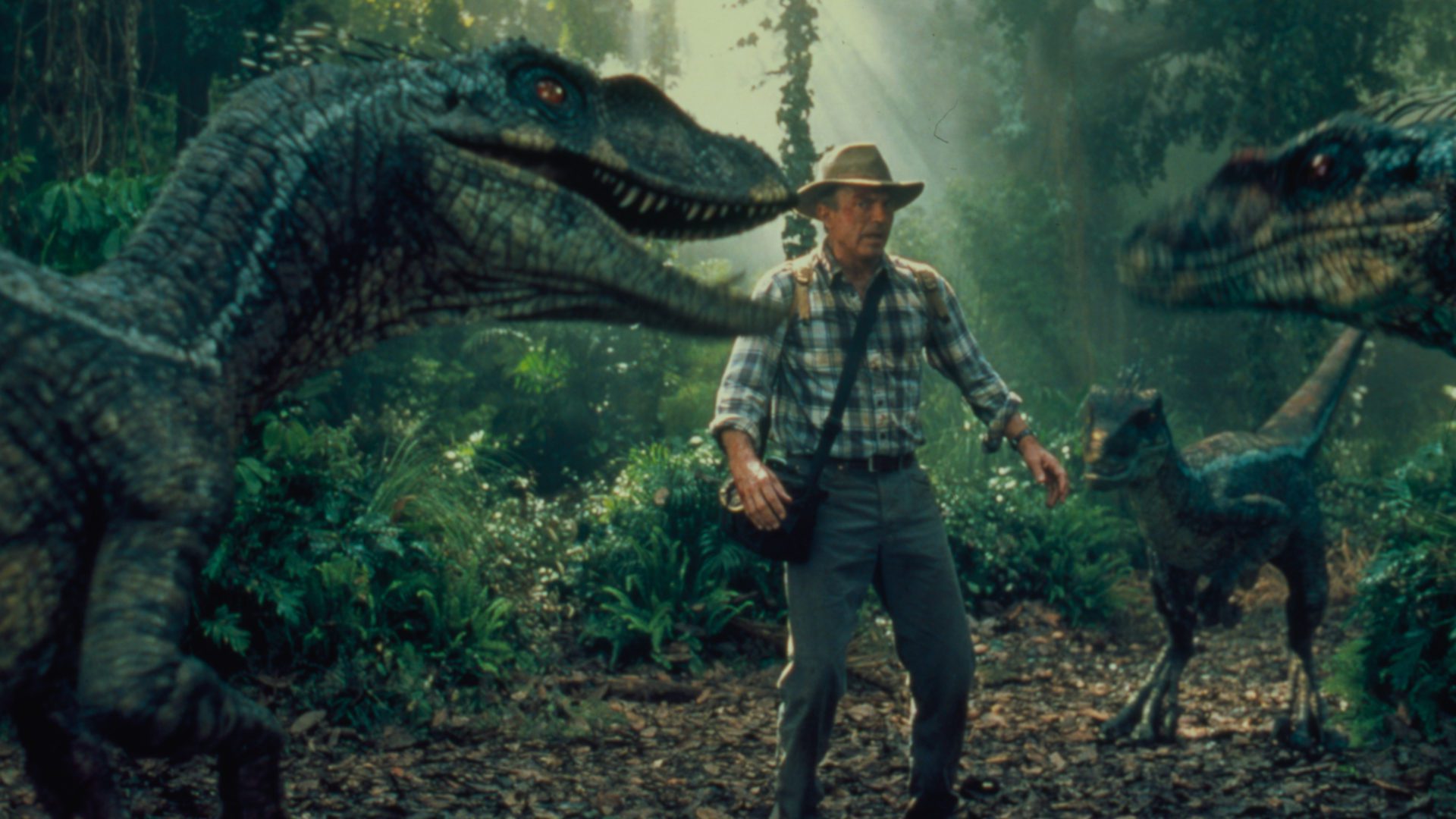
Monster Mondays: Jurassic Park III (2001)
With the success of The Lost World: Jurassic Park (1997), it seemed pretty obvious that film would not be the last in the franchise. In June 1998, a third Jurassic Park film was confirmed by Universal Pictures, with a release targeted for the summer of 2000. Unfortunately, the same big problem that faced the writers for the previous film remained: what…

